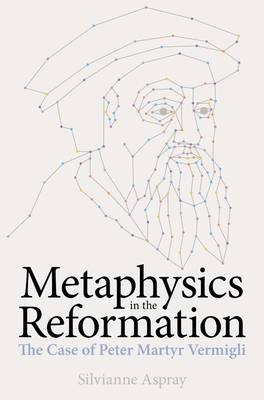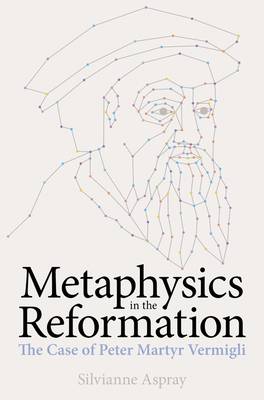
- Retrait gratuit dans votre magasin Club
- 7.000.000 titres dans notre catalogue
- Payer en toute sécurité
- Toujours un magasin près de chez vous
- Retrait gratuit dans votre magasin Club
- 7.000.0000 titres dans notre catalogue
- Payer en toute sécurité
- Toujours un magasin près de chez vous
83,95 €
+ 167 points
Description
This monograph bridges two discourses that so far have remained largely separate: debates about how and why secular modernity emerged, and Reformation studies. In telling the history of secularity, scholars have often focussed on late medieval shifts concerning the God-world-relationship (metaphysics). But how does the Reformation fit into this history? This book answers this question by investigating the implied metaphysics of the Reformation. To do so, it first proposes a new approach for studying the God-world-relationship in works which are not explicitly metaphysical, which is the case for most Reformation sources. Secondly, it applies this methodology to the work of one lesser known, but important reformer, Peter Martyr Vermigli (1499 - 1562), concluding that his work simultaneously inhabits two different models of understanding the God-world-relationship. The book concludes by highlighting the significance of this finding for understanding the Reformation and its place in the history of secularity.
Spécifications
Parties prenantes
- Auteur(s) :
- Editeur:
Contenu
- Nombre de pages :
- 176
- Langue:
- Anglais
- Collection :
Caractéristiques
- EAN:
- 9780197266939
- Date de parution :
- 25-04-21
- Format:
- Livre relié
- Format numérique:
- Genaaid
- Dimensions :
- 155 mm x 236 mm
- Poids :
- 453 g

Les avis
Nous publions uniquement les avis qui respectent les conditions requises. Consultez nos conditions pour les avis.






